Defendants Should Not Have Moved to Dismiss, Negotiated an ESI Protocol, and Engaged in Discovery Before Moving to Compel Arbitration
E-Discovery LLC
FEBRUARY 14, 2025
13, 2025), defendants waived their right to arbitration by moving to dismiss for failure to state a claim, negotiating an ESI Protocol, and engaging in discovery for 17 months. Discovery commenced after the Courts initial scheduling conference on August 15, 2023. Avis Rent a Car System LLC , 2025 WL 484588 (D.N.J.

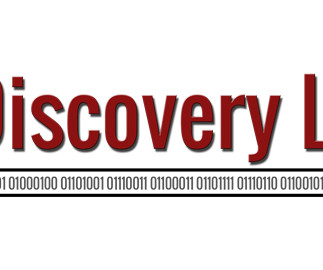
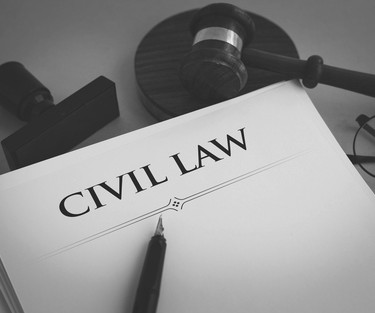
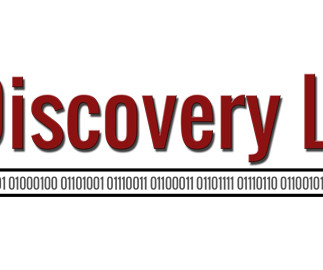

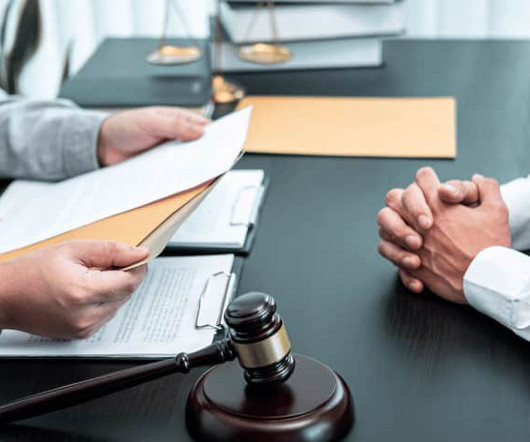

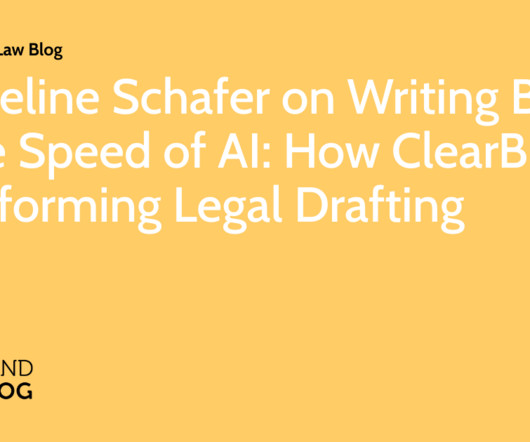
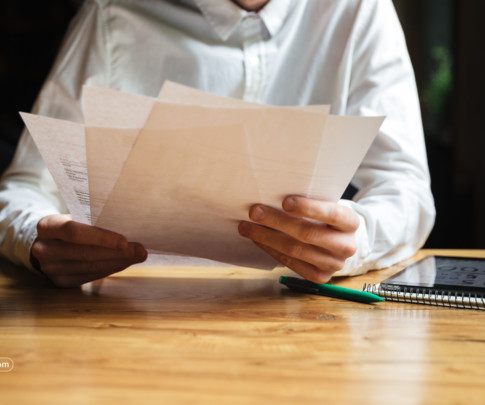






Let's personalize your content